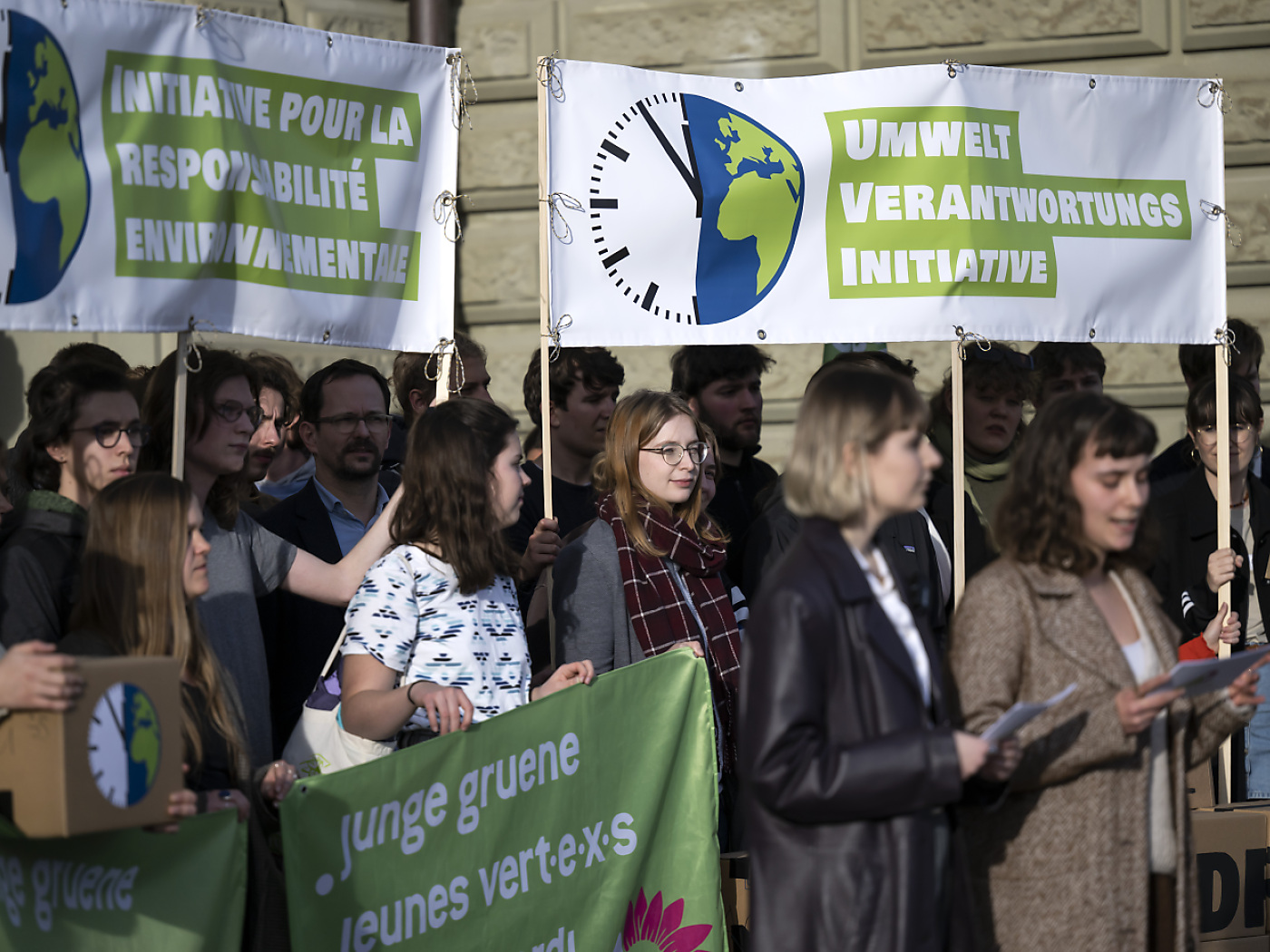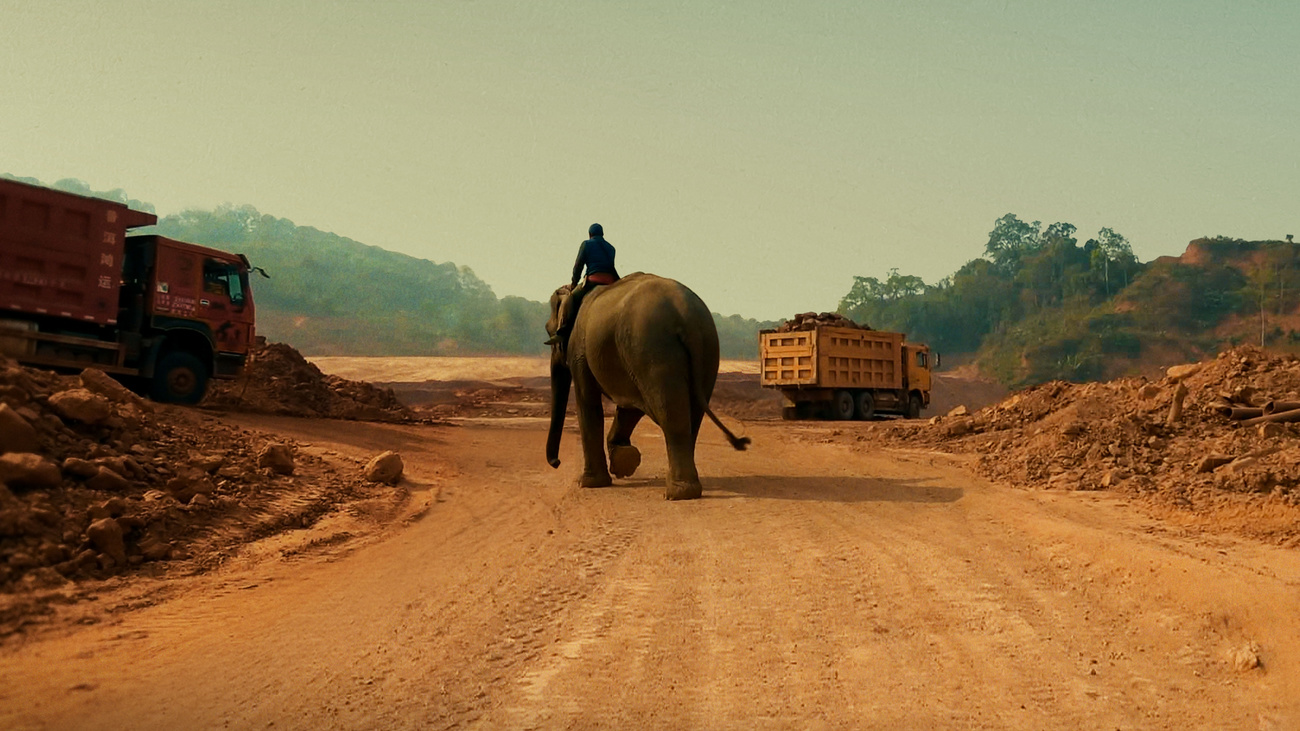
Switzerland Today
Dear Swiss Abroad,
The stereotype of Swiss precision and cleanliness is often reflected in reality, which is why it’s surprising to come across an exception. That exception shines an embarrassing light on Swiss hospitals, many of which are facing criticism by Swissmedic, the national regulator for drugs and medical products. In most of the hospitals inspected by Swissmedic, shortcomings were found, particularly in areas such as hygiene and the storage of medical products.
Also in today's briefing, we cover university rankings, the first federal vote of 2025 and angry farmers unhappy with the government's cost-saving plans.
Happy reading!

Swiss hospitals face hygiene and storage shortcomings
There are gaps in disinfection, sterilisation, packaging and the storage of medical products in Swiss hospitals, according to Swissmedic. The healthcare industry has promised to address these issues.
Swissmedic reported deficiencies in almost all of the 25 hospitals inspected. Compared to the 2021-2022 inspections, the situation worsened last year. In 2023, 91% of inspections revealed issues with cleaning and disinfection, while 81% showed deficiencies in the packaging and storage of medical products.
Kristian Schneider, director of Biel Hospital and vice president of the Hospital Association H+, said the Swissmedic report “helps us to improve.” However, he said that patient safety is not at risk and that Switzerland remains one of the leading countries in terms of hygiene. The facilities concerned will need to take the necessary steps to meet Swissmedic’s requirements.
- SRFExternal link article (in German)

ETH Zurich remains best university in continental Europe
The federal technology institute ETH Zurich has once again been confirmed as the top university in continental Europe. Globally, it holds 11th place in the Times Higher Education rankings.
Second in Switzerland and 32nd worldwide is the Swiss Federal Institute of Technology Lausanne (EPFL), which has risen one place since last year.
The top 10 positions in the rankings are exclusively occupied by universities in the United States and the United Kingdom. Oxford University claimed the top spot, followed by the Massachusetts Institute of Technology (MIT) and Harvard University.
The rankings are based on 18 indicators, including teaching, research, knowledge transfer, and international outlook, covering a total of 2,092 universities. The University of Zurich, previously included, criticised the rankings and decided in March to no longer participate.
- Reported by RSIExternal link and RTSExternal link

Swiss to vote on environmental responsibility initiative in 2025
On February 9, 2025, Swiss voters will head to the polls to decide on one federal issue: the popular initiative titled, ‘for a responsible economy within the limits of the planet’ (Environmental Responsibility Initiative). This decision was announced today by the Federal Council.
The proposed constitutional amendment, driven by the Young Greens, calls for a fundamental shift in the economic system, prioritising environmental protection. Submitted in February last year, the initiative gathered 105,940 valid signatures.
The Young Greens are calling for all economic activities in Switzerland to operate within the Earth’s natural limits, focusing on six areas: climate, biodiversity, water consumption, land use, air pollution and nitrogen and phosphorus input. Imports would also be considered, and the initiative seeks a move away from fossil fuels.
The government and parliament have opted not to propose a counter-initiative and are urging voters to reject the proposal, warning of significant costs. The Federal Council believes existing regulations are sufficient to protect natural resources.
- RTSExternal link article (in French)

Farmers protest government cost-cutting measures in Bern
The agricultural sector staged a protest today at in front of the Federal Palace in Bern against the federal government’s cost-saving measures. The Swiss Farmers’ Union argues that agriculture is not to blame for budgetary issues and should not be made to bear the burden of flawed financial policies.
On September 20, the Federal Council presented a package of 60 cost-cutting measures, totalling more than CHF3 billion ($3.5 billion) annually, based on a report by a panel of experts led by Serge Gaillard, former Director of the Federal Finance Administration. These measures (affecting all sectors except the military) include CHF210 million ($245 million) in cuts to agricultural subsidies each year. The Swiss Farmers’ Union believes that “with these cost-cutting measures, the Federal Council is targeting a sector […] that is doing more and more and is already vulnerable.”
According to figures presented at a press conference, the percentage of the federal budget allocated to agriculture has dropped from 7.4% two decades ago to 4.7% last year. However, the total amount allocated has remained stable at around CHF3.6 billion ($4.1 billion).
- Article by tvsivzzera.it (in Italian)

Photo of the day
Screening its world premiere during the Zurich Film Festival (running until October 13) Stealing Giants is a Swiss documentary that shines a spotlight on the trafficking of live elephants from Laos to China and the United Arab Emirates.
The film “reveals the dark depths of a world where corruption and profit triumph over the protection of wild animals,” writes the festival website.
Translated from Italian with DeepL/amva

In compliance with the JTI standards
More: SWI swissinfo.ch certified by the Journalism Trust Initiative








